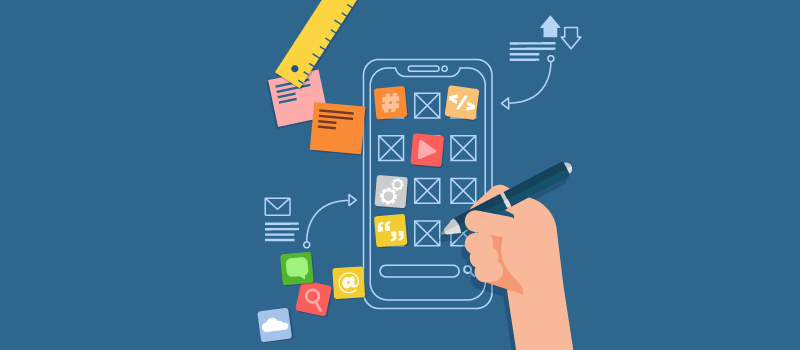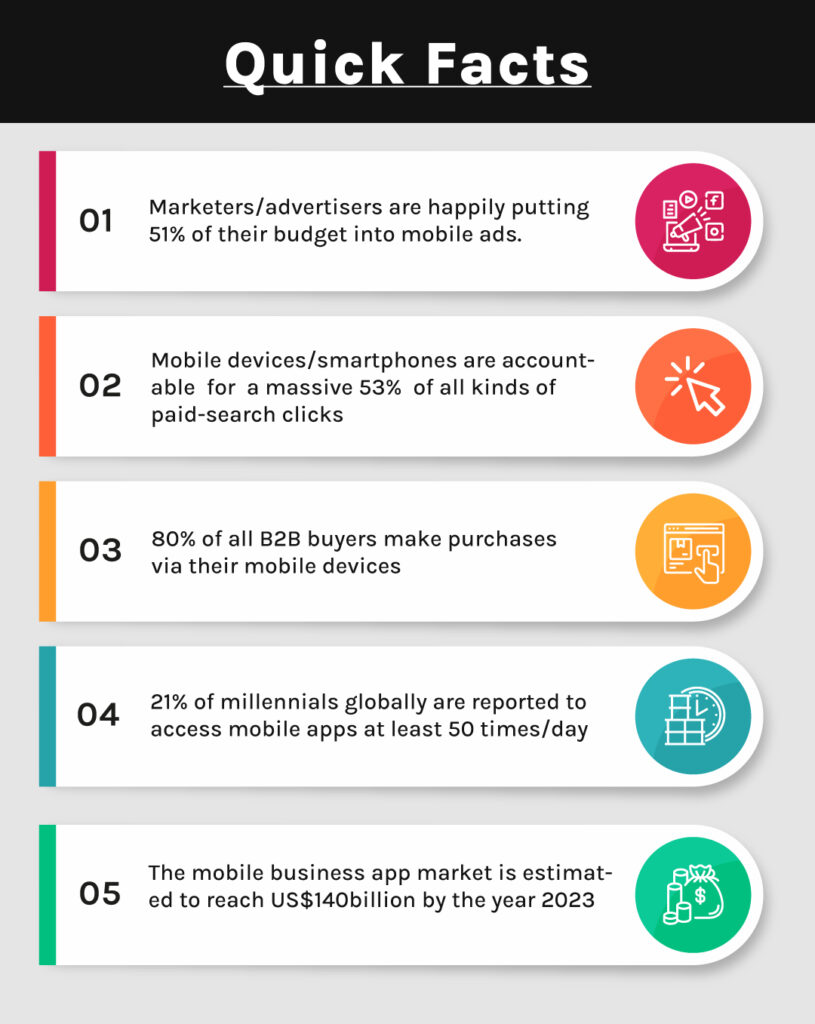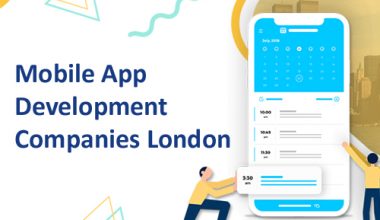
Organizations share a unique bonding with mobile devices. Doesn’t matter which industry they belong to. The rapid growth, the ubiquity of mobile phones is unparalleled and is recognized as a major contributor to the cycle of digital transformation at a global platter. B2B mobile apps, B2C mobile apps development are increasingly transforming the business eco-space, viz., improving efficiency & productivity, impacting marketing activities, customer relations, sales volumes, and so on. For brands, for customers, these business apps have become the new order of business. There’s a refreshing treatment where a customer can have the luxury to buy desired products/services anytime, anywhere. However, there are differences between the two types. Let’s explore briefly!

B2C Apps
B2C stands for Business-to-Consumer apps and is found abundantly in all app stores. End users are the direct customers here. These apps have varied functionalities that help users from buying products/services to their taxation part, and varied other functions that fall between these two. For example, Airbnb, Uber, Ola, Bonobos, etc., and there exist over 9 million apps to choose from.
B2B Apps
B2B stands for Business- to- Business apps that aim at other businesses. A B2B app is used by another business/company/organization to run their business, perform specific tasks.POS, inventory management apps, healthcare management apps, sales apps, enterprise apps, etc. are a few B2B app types. Hootsuite, Mailchimp, Salesforce, Amazon Distributions apps are notable B2B apps in the market.
Key Differences
Already in swing, B2B and B2C mobile app development markets are still maturing while the B2C segment has a little edge over B2B.
But before we plunge into their app world, do you know the major differences between a B2B and B2C segments? They differ in:
- Customer lifecycle
- Buying Intent
- Average Order Value(AOV)/Transaction Size (if e-commerce)
- Payment forms
- Marketing Strategies
Characteristics of B2B Mobile Apps
- B2B mobile apps work on mobile-based platforms which serve the interests of businesses helping them to simplify complex activities, functions and seamlessly streamline them. Business-to-Business (B2B)apps work as multiple productivity tools allowing smooth and efficient management of varied organizational processes, viz. inventory, data storage, managing business information, data mining, performance evaluation, compliance,report-generation, and many more. Varied stakeholders involved are business customers, employees, wholesalers, distributors, dealers, suppliers, retailers, etc. They can simply download the apps and visit their websites, using their authorized login credentials backed by AI-Ml and other digital technologies.
- Depending on business size and nature, a mobile app development company develops B2B mobile apps that cater to specific business needs. All UI/UX designs, navigation tools, templates, layouts, CTA (Call-to-Actions) buttons, dashboards, are built as per specific business needs only. Custom app development sees that a particular B2B app is customized to the business requirement concerned.
Characteristics of B2C Mobile Apps
- B2C mobile apps work on mobile-based platforms that interact directly with end-users/customers. Just see how an e-commerce mobile app works and connects with the target audience so perfectly well. These apps have varied features that lead to specific functionalities allowing users to perform their purchases, transactions, etc. seamlessly via their smartphones. A typical B2C mobile app focuses more on appearance, how it looks attractive to allure users who can turn up buying their products ultimately. Push buttons for notifications regarding any updates, launches, discounts are important features of apps.
- One striking difference from B2B mobile app is that in a B2C mobile app, UI features are considered very important as varied GUI tools can make or mar the reputation of these mobile apps that lead to attaining business goals. Thus, in terms of UI/UX designs, B2C apps differ from B2B apps as they cater to simplifying consumers’ shopping journey, ensuring engagement, and a seamless buying experience. Creating the first impression, retaining aesthetical aspects and features that remain customer-centric is important for B2C mobile app. As a result, B2C apps are mostly under pressure to renovate, to upgrade to gain a competitive edge in the market. They need to keep a tab on their performance, user interaction, responsiveness, content sharing, loading speed, social media marketing for perfect tuning with their target customers and the existing ones, too. Contrarily, B2B mobile apps don’t have to think about these aspects as they are business-specific where impulse buying does not exist.
B2C Mobile Apps are generally of these 3 types-
- E-Commerce Apps
- Mobile Loyalty Apps
- Stand-Alone Apps
EndNote
B2B or B2C mobile apps differ in so many ways but they share one, common goal – to provide the best customer service and experience to all! Ensuring that your customers are happy can lead you to attain path-breaking business goals generating profits and staying competitive in the market.
Interested to explore how B2B and B2C mobile apps can help you to connect with your target audience and stay ahead of your competitors? Connect with us.

